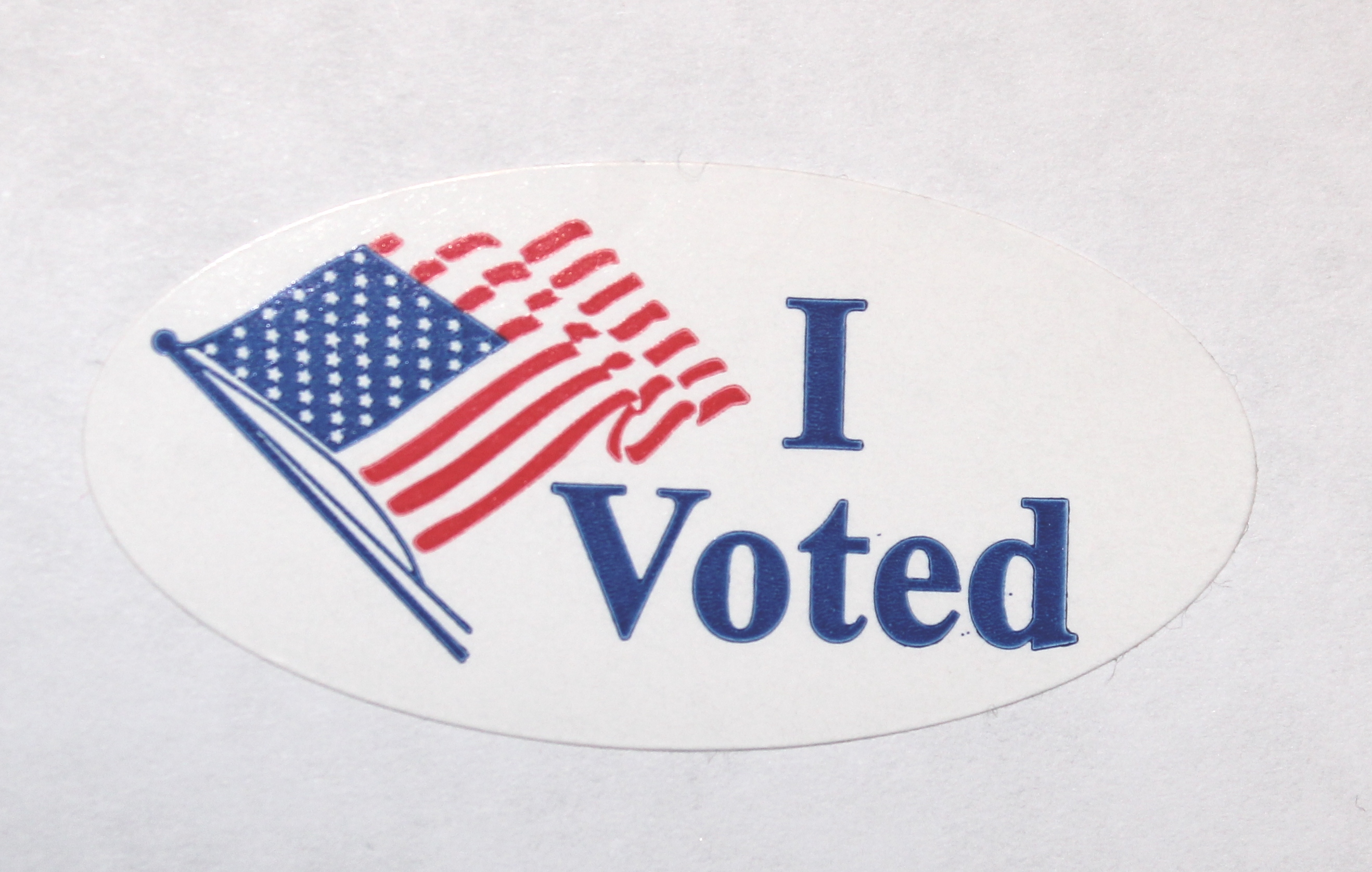On Sept. 7, Reclaim Idaho withdrew Proposition 1 from the November ballot after the state Legislature passed House Bill 1 (HB 1) during its special legislative session on Sept. 1.
Proposition 1 qualified for the 2022 ballot on July 22. It would have increased the tax on income above $250,000 for individuals, trusts, and estates and above $500,000 for couples filing jointly to $16,097 plus 10.925%. It would have established the Quality Education Fund to collect the additional tax revenues to allocate toward public education.
HB 1 changes the income and corporate tax rates to one flat tax rate of 5.8%; provides a tax rebate equalling the greater of 10% of the taxes paid by a couple or individual in 2020 or $600 per joint filer or $300 for an individual; exempts the first $2,500 from taxation for single filers or $5,000 for joint filers; and allocates $410 million of the state’s sales tax revenue to the public school income fund and in-demand careers fund. The tax changes will take effect on January 3, 2023.
HB 1 also included a provision to send a nonbinding advisory question to the November ballot asking voters if they approve or disapprove of the tax changes and additional education funding.
Idaho law does not provide for or prohibit the Idaho State Legislature from placing an advisory question on the ballot. Since 1995, the state legislature has sent two advisory questions to voters in 1998 and 2006. In these two instances, the advisory questions were a provision of an enacted law that received at least a simple majority vote in both the Idaho State Senate and the Idaho House of Representatives.
The 2006 advisory question was related to property taxes and was approved by 72.4% of voters. The 1998 advisory question was related to ballot access requirements for state and local officials and was approved by 53.16%.
HB 1 passed the state House on Sept. 1, 2022, by a vote of 55-15. It passed in the senate on the same day by a vote of 34-1. It was signed by Gov. Brad Little (R) on Sept.1.
Gov. Little released a statement saying, “I am proud of my legislative partners for confronting the substantial impacts of inflation head-on by putting our record budget surplus back in the pockets of Idahoans while responsibly funding education at historic levels to ensure we are meeting our constitutional and moral obligation to Idaho students and families both in the short-term and the long-term.”
After the passage of HB 1, Luke Mayville, the founder of Reclaim Idaho, which sponsored Proposition 1, said, “There are two ways a ballot initiative can win. One way is by securing a majority of the vote at the ballot box. Another way is by forcing the Legislature to do something they would never have otherwise done. By placing [Proposition 1] on the ballot, the citizens of Idaho have forced the Legislature to make the largest investment in Idaho public schools in a generation.”
Currently, Idaho has a graduated income tax structure with the top income bracket taxed at 6%. The corporate income tax rate is also 6%.
With the passage of HB 1, Idaho will join 13 other states that either have a flat income tax or are in the process of implementing one. Forty-four states levy a state corporate income tax ranging from 2.5% in North Carolina to 18.28% in New York.
According to the Education Data Initiative, as of June 2022, Idaho spent on average $6,212 per pupil ($1.93 billion total), and local governments funded on average $2,266 per pupil ($703.7 million total). The state received $891 per pupil ($276.7 million) from the federal government.
Four other ballot measures related to education funding are certified for the 2022 ballot in four other states—California, Colorado, Massachusetts, and New Mexico. Two measures were citizen-initiated and two were referred to the ballot by the legislature.
Additional reading:


